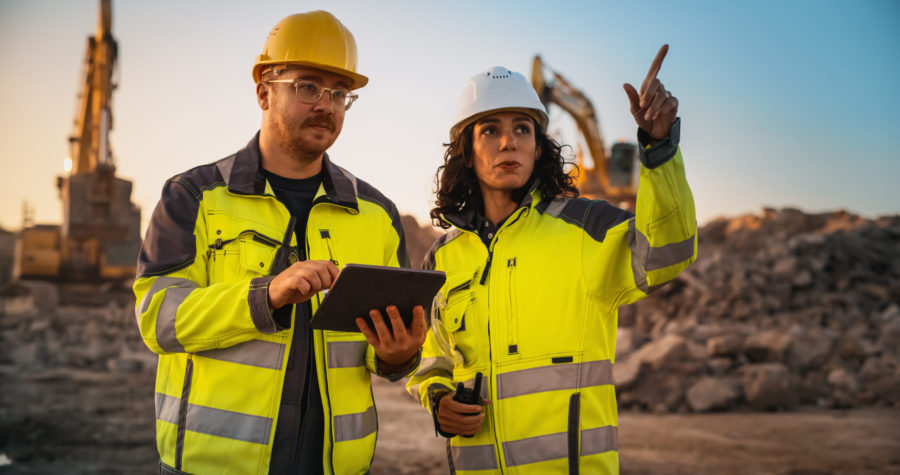Introduction
Rio Tinto, in partnership with early-stage investor Founders Factory, has unveiled its latest investments under the Mining Tech Accelerator program. Announced on Wednesday, the initiative has selected six startups from the US and Australia to drive innovation in the mining sector, with a strong emphasis on sustainability and decarbonization.
Key Investments and Technologies
The program aims to invest in 12 startups annually, targeting transformative solutions across the mining value chain. While the exact investment amounts remain undisclosed, the six companies selected this year showcase cutting-edge approaches:
- Rock Zero (Cambridge, US): A zero-waste, cost-efficient process for lithium extraction from hard rock deposits.
- Terra AI (Palo Alto, US): AI-driven mineral exploration to reduce drilling costs and enhance accuracy.
- Ekion (Perth, Australia): Electrokinetic in-situ recovery (EK-ISR) technology for low-waste metal extraction.
- Rainstick (Cairns, Australia): Uses electrical fields to mimic lightning, boosting seed yields sustainably for agriculture and nature restoration.
- Thunderstone (US): Underground electric stimulation for reduced-impact mining of critical metals.
- Durin (Los Angeles, US): Automated drilling rigs to accelerate mineral discovery and cut exploration costs.
These startups will participate in a four-month accelerator program run by Founders Factory, gaining operational support, access to Rio Tinto executives, and opportunities to pilot their technologies, including a residential program in Perth.
Industry Implications and Perspective
George Northcott, President of Founders Factory, emphasized the focus on reduced-impact mining as a transformational shift for the industry, aligning with global decarbonization goals. Rio Tinto’s Chief Innovation Officer, Dan Walker, highlighted the importance of collaboration with startups to address complex challenges in meeting global energy demands sustainably.
However, while the initiative is promising, questions remain about scalability and real-world impact. Mining is a notoriously capital-intensive and slow-to-adapt industry, and integrating unproven technologies at scale could face significant hurdles. Additionally, the lack of transparency on investment amounts raises concerns about the level of commitment and whether these startups will receive adequate funding to compete in a high-stakes sector. That said, targeting critical metals and sustainability aligns with market demands for greener practices, and if successful, these technologies could redefine mining standards.
